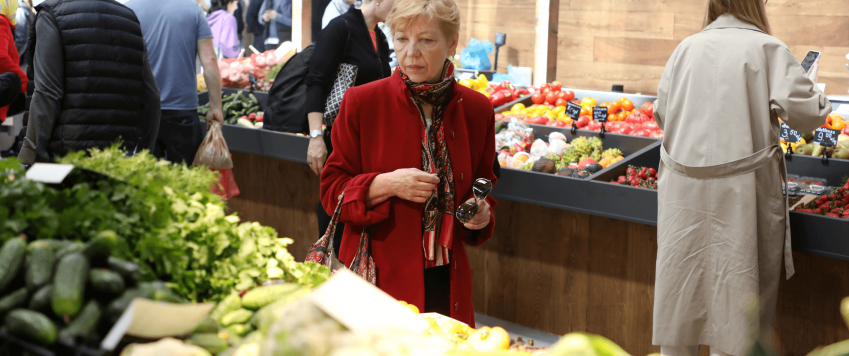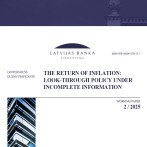Does inflation make the economy less greener?

In April, the price of almost all goods and services continued to increase, and the inflation skyrocketed to 13% year-on-year. Inflation in April had the same causes as before: due to the global food and energy price hikes resulting from the war, Latvian retailers also regularly changed the price tags on goods and services. The same applies to various bills. Although it does not make anyone happy, it is no more a surprise.
During the pandemic, the European Union made its fiscal rules on maximum budget deficit more flexible. Meanwhile, facing a higher inflation both the EU and the member states have come forward with options for slowing it down at the expense of developing the green economy. This, however, does not entail giving up the long-term goals, but cutting costs in the short-term. For example, in April most fluctuations in the diesel price in Latvia could be explained by the requirement for a larger share of biofuels. Hoping to cut the diesel price, Latvia plans to temporarily suspend these rules as of July. In this case, besides direct impact on diesel prices this will also have another positive effect: an opportunity to use arable land to grow food in an attempt to at least slightly reduce the pressure on food prices.
It should be taken into account that the hike in food prices has been very steep during the last few months and according to the global trends this pressure will not alleviate for some groups of unprocessed food in the nearest future. Those with low income are mostly hit, as they spend a larger share of their earnings on food than more well-off groups. However, changes in consumption habits are also possible in the latter — due to increasing prices those who preferred organic food will now consider buying traditional products and leaving organic produce for better times.
However, the situation is not so clear-cut, and green economy does not always mean higher costs. Higher energy prices and the desire to give up Russian energy imports have contributed to promotion of renewable energy sources and support for their more widespread introduction and use that is in line with the sustainability goals. Although these efforts require considerable investment at the beginning, in the long-term, the use of renewables may be more financially profitable and boost energy independence, as well as facilitate the development of greener economy.
Textual error
«… …»






